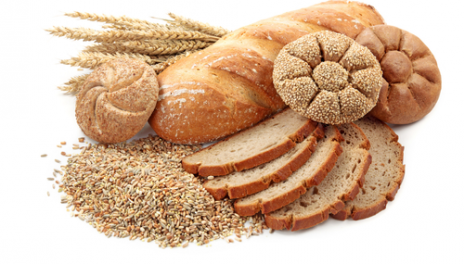Nutrition plays a significant part during intense sports session. As an example, carbohydrates are the primary form of fuel for intense physical activities. No athletes can perform well without enough carbohydrates in their system. More complex carbohydrates are typically broken down into the simplest form, such as glucose. Insulin is released by pancreas, which removes glucose from the blood, so it can be transported to body cells. Excess glucose is converted into glycogen in the liver and muscles that can be re-converted into glucose when needed. It should be noted that typical person has enough glucose and glycogen reserves only for about 120 minutes of moderate physical activities. Higher intensity will shorten this period, as the glycogen stores will be exhausted more quickly. When glycogen stores are significantly reduced, this will cause early fatigue and reduced training intensity. We should keep our glycogen stores stocked up by having enough meal and drinks about one hour before a match.

Athletes should try to keep their glycogen levels properly stocked up before a training session or match. This can be achieved by consuming proper sources of carbohydrates. Some sources of refined carbohydrates, such as chocolate cakes, Jaffa cakes and pasta are high in sugar but low in nutrients, such as the chromium, magnesium, zinc and vitamin B. In this case, athletes may experience rapid release of glucose into their bloodstream, but followed by fast drop of glucose, as the insulin brings the sugar levels to normal. This situation could affect our performance and leave us feeling tired. Athletes should avoid experiencing fluctuating blood sugar levels. Steady energy levels should be maintained during exercises. It is better to consume high-fiber meals with complex carbohydrates, such as pulses, lentils, quinoa, barley, rye, brown bread, brown rice, wholemeal pasta and oats. These foods contain more nutrients and we could have more balance blood sugar levels throughout. Maintaining proper blood sugar level is essential, because this will encourage the production of IGF or insulin growth factor that’s needed for muscle growth.
Insulin is also essential to carry amino acids to muscle cells directly and this will increase growth rate. Eating small amounts of complex carbohydrates often before a physical activity can help us balance insulin levels. Other than complex carbohydrates, we should also consume nuts and fruit to add other essential nutrients. By consuming proper type of carbohydrate at the correct amount, it is possible for us to enhance performance. Complex carbohydrates should be taken three hours before physical activities. Three hour before an exercise we could consume 100 grams of complex carbohydrates, followed by 100 grams more two hours before an exercise. This should help us to obtain steady rate of slow-release glucose for about one hour of physical activities. It should be noted that we should drink about 500 ml of water to let some fluid absorbed by our body. During a break in the middle of the physical activity, it is permissible to consume some amount of food with simple glucose to provide us with a bit of boost during the last parts of the match.
